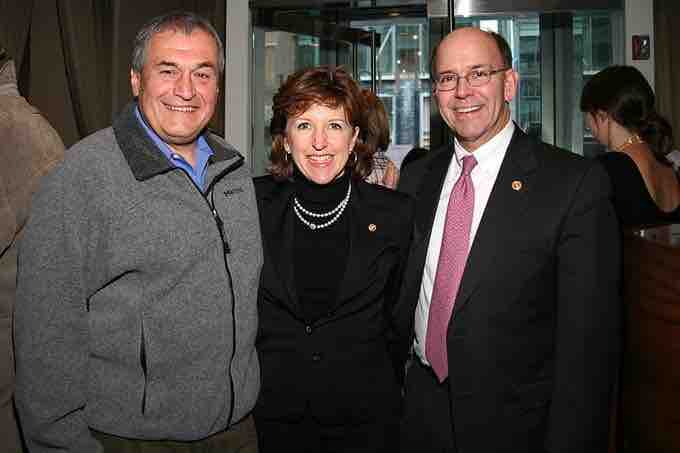Sources of Campaign Funding
Different sources of campaign funding enable party candidates raise funds through multiple avenues. Campaign finance in the United States is the financing of electoral campaigns at the federal, state, and local levels. At the federal level, campaign finance law is enacted by Congress and enforced by the Federal Election Commission (FEC), an independent federal agency. Although most campaign spending is privately financed, public financing is also available for qualifying candidates for President of the United States during both the primaries and the general election. Eligibility requirements must be met to qualify for a government subsidy, and those that accept government funding are usually subject to spending limits. Federal law restricts how much individuals and organizations may contribute to political campaigns, political parties, and other FEC-regulated organizations.
Corporations and unions are barred from donating money directly to candidates or national party committees. One consequence of the limitation upon personal contributions from any one individual is that campaigns seek out "bundlers"—people who can gather contributions from many individuals in an organization or community and present the sum to the campaign. Campaigns often recognize these bundlers with honorary titles and, in some cases, exclusive events featuring the candidate. Although bundling had existed in various forms since the enactment of the FECA, it became more structured and organized in the 2000s, spearheaded by the "Bush Pioneers" for George W. Bush's 2000 and 2004 presidential campaigns. During the 2008 campaign, the six leading primary candidates (three Democratic, three Republican) had listed a total of nearly two thousand bundlers.
Lobbying and Special Interests
Lobbying in the United States describes paid activity in which special interests hire well-connected professional advocates, often lawyers, to argue for specific legislation in decision-making bodies such as the United States Congress . It is a highly controversial phenomenon, often seen in a negative light by journalists and the American public, and frequently misunderstood. While lobbying is subject to extensive and often complex rules which, if not followed, can lead to penalties including jail, the activity of lobbying has been interpreted by court rulings as free speech and protected by the Constitution.

Tony Podesta, Senator Kay and Chip Hagan
Lobbying depends on cultivating personal relationships over many years. Photo: Lobbyist Tony Podesta (left) with Senator Kay Hagan (center) and her husband.
Spending by Outside Organizations
Federal law allows for multiple types of Political Action Committees, including connected PACs, nonconnected PACs, leadership PACs and Super PACs. 501(c)(4) organizations are defined by the IRS as "social welfare" organizations. Unlike 501(c)(3) charitable organizations, they may also participate in political campaigns and elections, as long as the organization's "primary purpose" is the promotion of social welfare and not political advocacy. A 527 organization is a type of American tax-exempt organization named after "Section 527" of the U.S. Internal Revenue Code. Technically, almost all political committees, including state, local, and federal candidate committees, traditional political action committees, "Super PACs", and political parties are "527s. " However, in common practice the term is usually applied only to such organizations that are not regulated under state or federal campaign finance laws because they do not "expressly advocate" for the election or defeat of a candidate or party.
Political party committees may contribute funds directly to candidates, subject to the specified contribution limits. National and state party committees may make additional "coordinated expenditures," subject to limits, to help their nominees in general elections. National party committees may also make unlimited "independent expenditures" to support or oppose federal candidates. However, since 2002, national parties have been prohibited from accepting any funds outside the limits established for elections in the FECA.